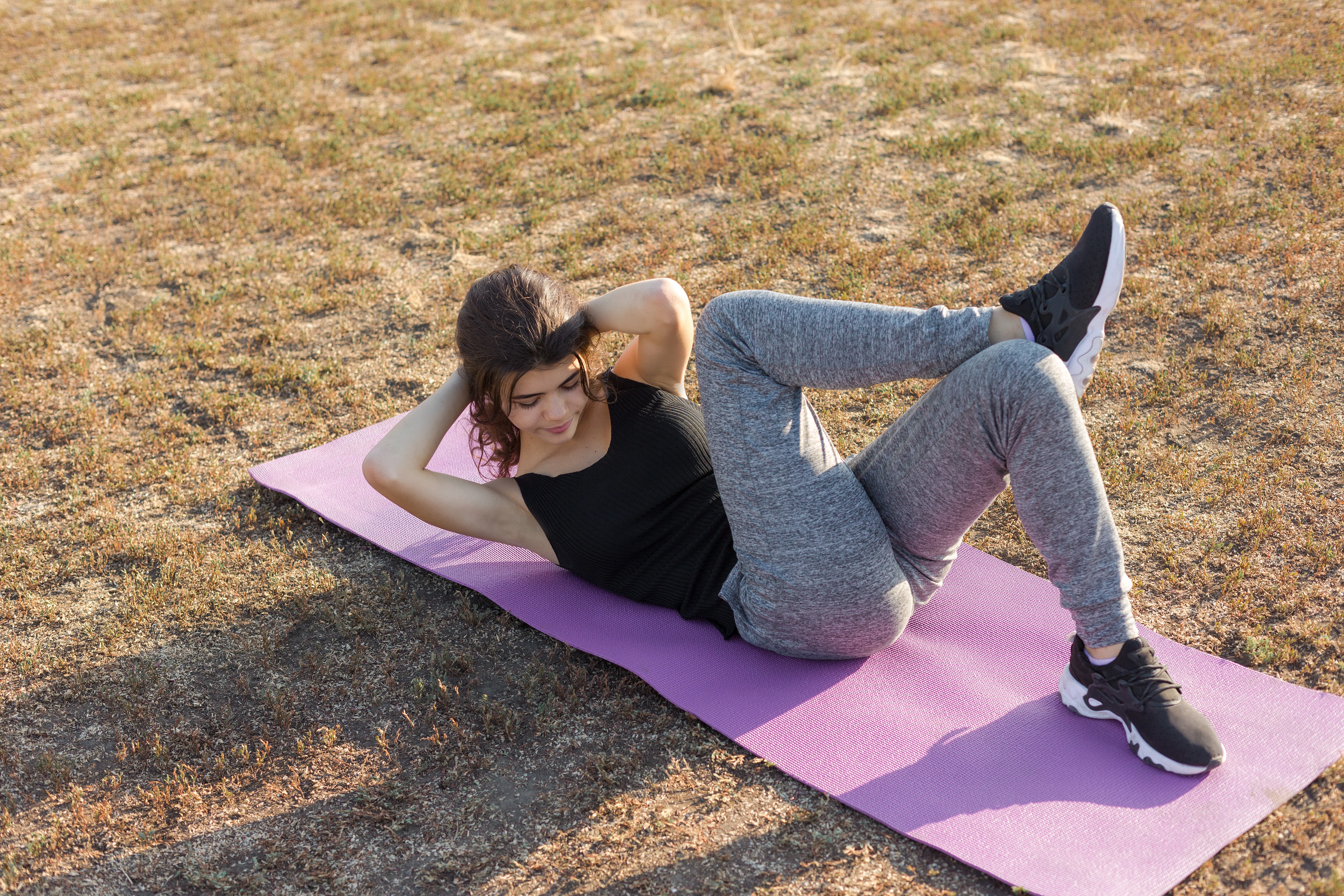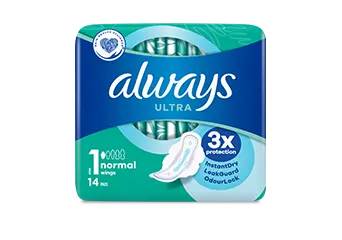
What to Do About Severe PMS Symptoms


All content within this page has been reviewed by
Dr Tariq Miskry, Consultant Gynaecologist & Obstetrician


Severe PMS symptoms – aka premenstrual syndrome symptoms - are caused by changing hormones in your body when you menstruate.
Sure, they can be a bit of a pain (literally!) but they’re completely normal, and something that most women experience at one point or another. PMS symptoms can include breast tenderness, headaches, backaches, bloating, moodiness, cramps, and food cravings, just like regular PMS.

1 What causes PMS?
Part of PMS is getting period cramps. Period cramps are caused by chemicals in your body called prostaglandins. They are produced by your uterus when it’s time to get your period.
Prostaglandins make your uterus contract (why your lower abdomen feels the way it does when you get your period) so that it pushes your uterine lining – aka your period blood – out of your body through your vagina.
You may notice that in some months you experience strong PMS symptoms, whereas in other months you barely feel them. This is perfectly normal. Slight changes in your diet or lifestyle can affect your hormones, which in turn can affect the severity of your PMS symptoms.

2 What if my PMS is really severe?
Severe PMS symptoms – sometimes referred to as pre-menstrual dysphoric disorder, or PMDD – also include very intense moodiness and irritability. PMDD affects around 2 to 10% of women.
Very extreme PMS symptoms from PMDD can include anxiety, sadness, and a sense of hopelessness. If you experience these types of symptoms, reach out to an adult for help and consult a doctor. There is help! You don’t need to suffer alone.
How can you tell if what you experience leading up to and during your period is PMDD or PMS? Here are a few quick tips for differentiating between run-of-the-mill PMS and PMDD:
- You’re in an extreme amount of pain
- You find yourself getting into arguments with just about everyone right before your period
- Your mood swings are very, very intense
- You feel anxious and panicky leading up to your period
- You get depressed during your period
Additionally, if your physical PMS symptoms are very severe – as in they’re interfering with your day-to-day life, like going to school or getting out of bed – reach out to an adult for help.
Call your doctor to get to the bottom of what is causing your severe PMS symptoms and to find a solution together.

3 What can I do to help alleviate my PMS symptoms?
In the meantime, there are several things you can do to alleviate strong PMS symptoms. Keeping your muscles warm and loose is key to counteracting the contractions in your uterus and alleviating severe PMS symptoms. Here are a few remedies to reduce PMDD and are all good ways of relaxing your muscles and increasing circulation to your abdomen.
- Light yoga stretches
- Brisk walks
- Curling up with a heating pad
- Staying hydrated
- Enjoying plain old resting

Strong PMS symptoms often go hand-in- hand with heavier menstrual flow. You can try Always Ultra pads. They come in a range of sizes and absorbencies. Pick the size and absorbency that is right for your flow for up to 100% leakage protection from Always Ultra’s special absorbent gel core. It turns liquid into gel, locking it away to keep your skin dry and comfortable and you free from leakage worry.
Always Ultra pads are super thin and absorbent.
In fact, they have an absorbent core that turns liquid into gel, keeping liquid away from your skin for a clean, fresh feeling.


